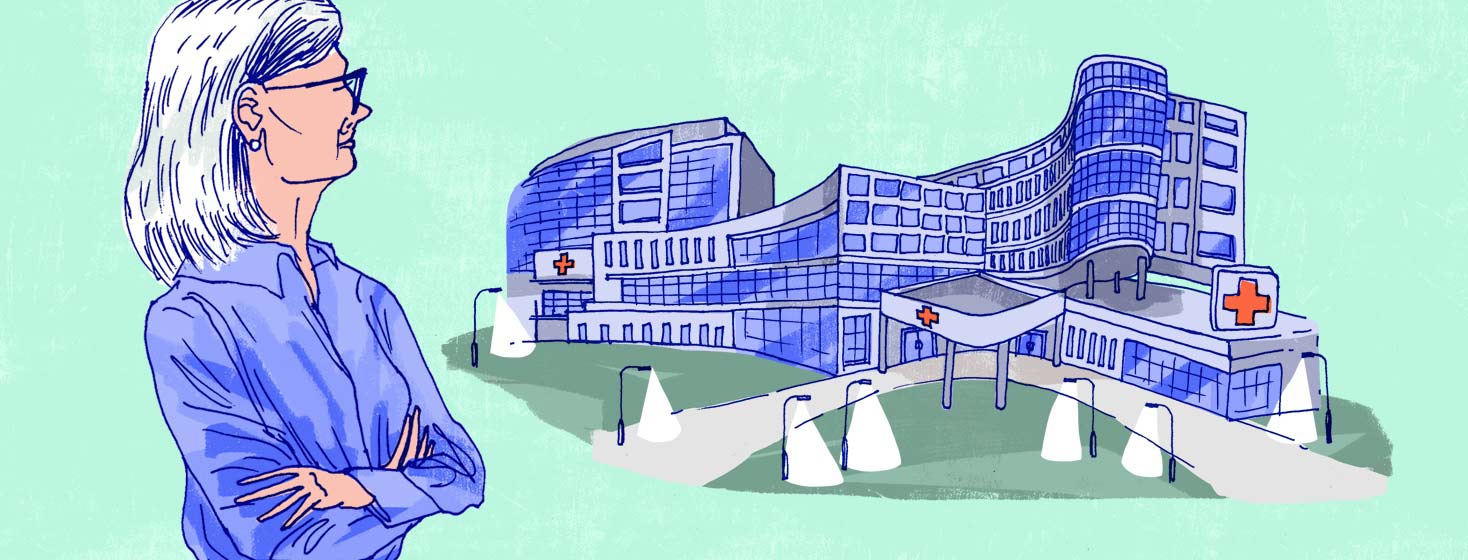So You're Having Surgery
No one relishes the idea of surgery, but at times it’s unavoidable. Now add the fact that you have COPD and your anxiety level just hit a new high. However, there are some practical steps that you can take to prepare for your surgery and (possible) subsequent stay in the hospital. Let's highlight a few of these in this article.
Surgery preparation
In getting ready for surgery you will probably have to be medically cleared by your PCP or pulmonologist. This may mean a few extra tests such as an EKG, some blood work, and perhaps a Pulmonary Function Test (PFT). This is all perfectly normal and nothing to be concerned about. Your doctor and the rest of the healthcare team want to be sure you’re in the best shape possible for surgery.
If you smoke, your doctor may ask you to stop for a week or two before surgery. This is very beneficial as smoking can increase the risk of surgical complications such as pneumonia, heart problems, blood clots, and can even delay healing. It also decreases the amount of oxygen in your blood, therefore making anesthesia more hazardous.
Make sure that you have arranged for a responsible person to take you to the hospital well in advance. They will also need to be available to pick you up and take you home when you’re discharged. This should be someone you feel comfortable with and know you can rely on.
Surgery day
Have a handy, comprehensive list of all medications you take – this can be electronic or on paper. This will probably come up in your pre-operative visit, but it’s best to take the list with you. You will be told ahead of time which medications you should or shouldn’t take the day of surgery.
If you’re on oxygen, arrive at the hospital with your oxygen tank. Once there, the hospital staff will get you settled in with wall oxygen and hospital equipment. Be sure to send your tank and supplies home with the person that takes you to the hospital but with strict instructions to bring them back when they return to take you home. You will also want to have any other assistive devices that you may use with you such as a cane, walker, etc.
If you use a CPAP machine at home, ask what the policy is for bringing it with you. Each facility handles this differently; some allow the use of home equipment, while others will provide you with one of theirs. Many times, even if they provide the CPAP machine, the hospital will allow you to bring your own mask. Once again, it’s best to inquire before arriving at the hospital.
With good preparation and planning, your surgery will go off without a hitch.

Join the conversation